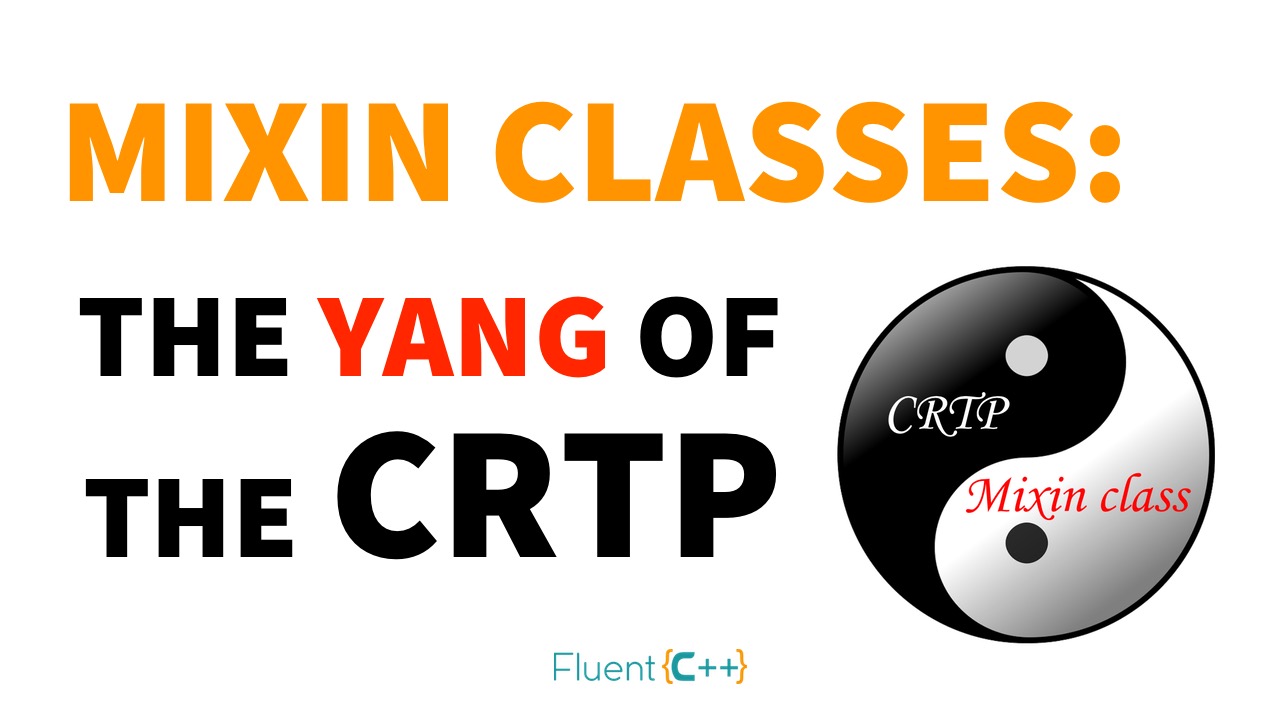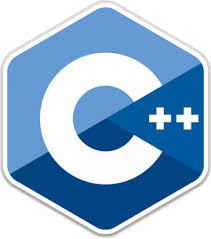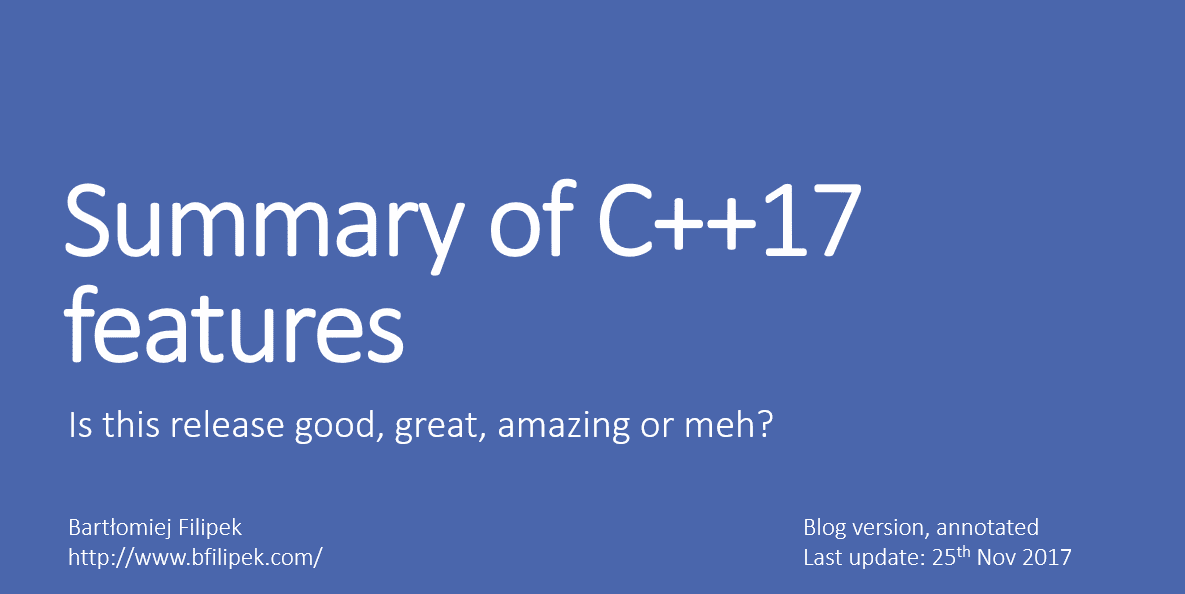Overload 142 is now available
 ACCU’s Overload journal of December 2017 is out. It contains the following C++ related articles.
ACCU’s Overload journal of December 2017 is out. It contains the following C++ related articles.
Overload 142 is now available
From the journal:
Too Fast! Too slow! Too right!!
Many products over-promise. Frances Buontempo muses on how to get things just right. by Frances Buontempo
CAS (Re)Actor for Non-Blocking Multithreaded Primitives
Lock free programming can be difficult. Sergey Ignatchenko shows how copy and swap can work for reactors. by Sergey Ignatchenko
A Design Example
Design issues cause problems. Charles Tolman considers an organising principle to get to the heart of the matter. by Charles Tolman
The Last Word in Patterns
What can you do in a single transaction in a database? Paul Grenyer writes us his Single CrUD pattern. by Paul Grenyer
Implementing Type-Classes as OCaml Modules
Type classes achieve overloading in functional paradigms. Shayne Fletcher implements some as OCaml modules. by Shayne Fletcher
Evolutionary Computing Frameworks for Optimisation
Evolutionary algorithms can find optimal solutions to problems. Aurora Ramírez and Chris Simons give us an overview. by Aurora Ramírez and Chris Simons

 Some template tricks.
Some template tricks. Discover how C++ evolves:
Discover how C++ evolves: This is about visual studio, but this is also about how the deprecated mechanisms work.
This is about visual studio, but this is also about how the deprecated mechanisms work. Slides from a talk about C++17 features
Slides from a talk about C++17 features